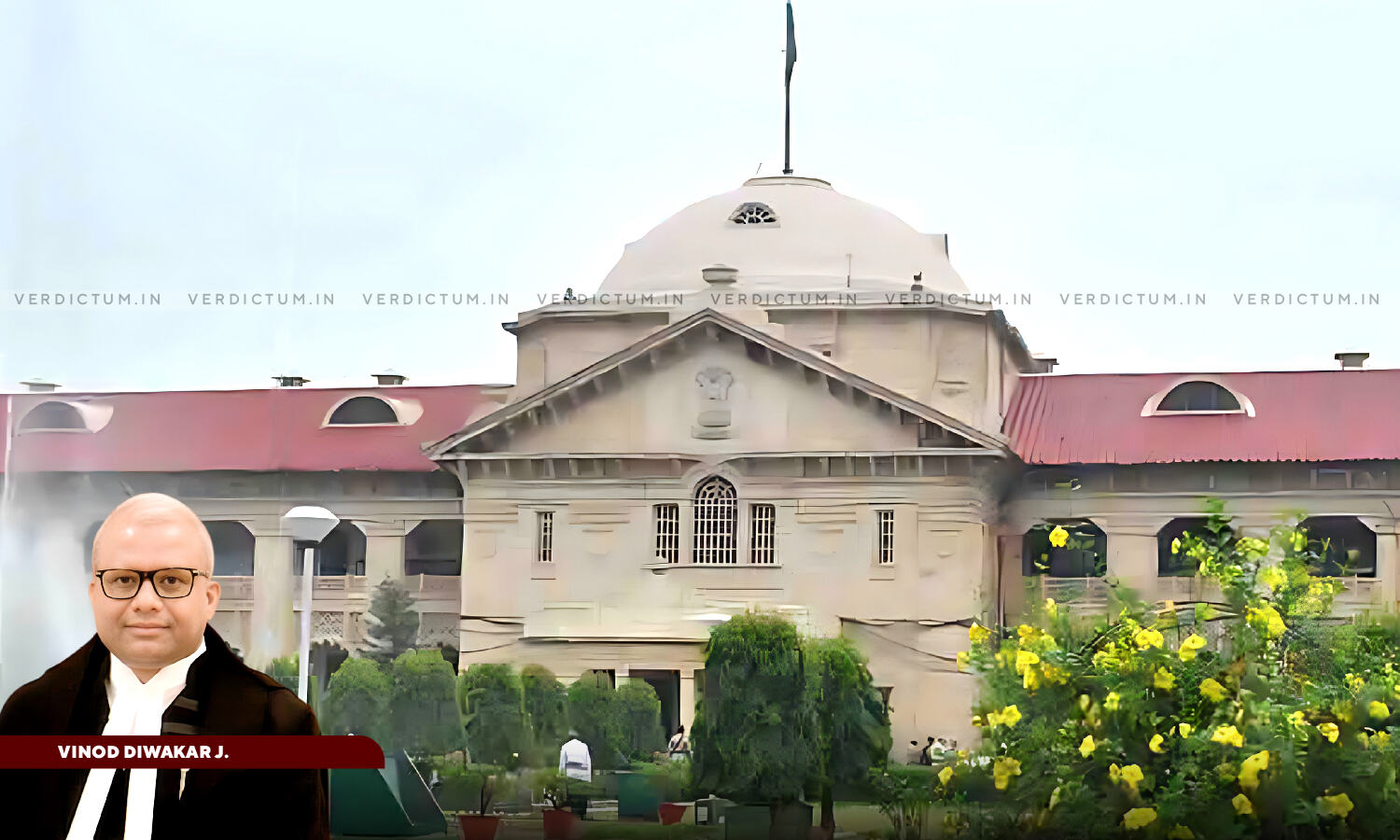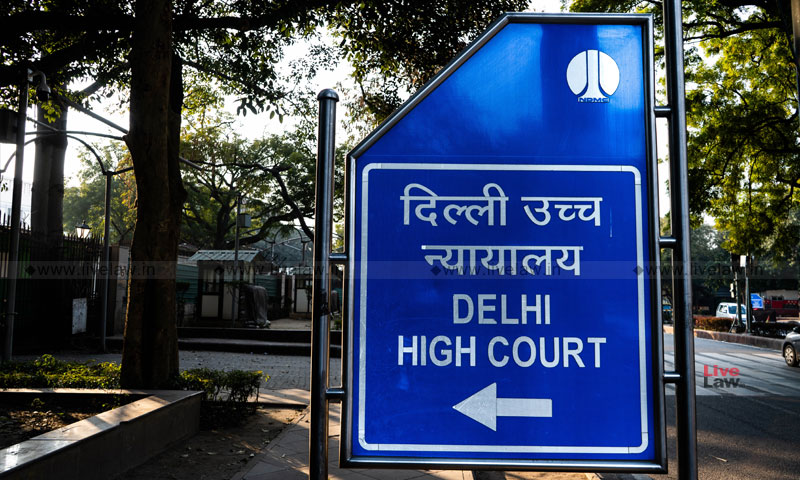Allahabad High Court Grants Custody Of Minor Girl To Mother; Says Section 6 Of Hindu Minority And Guardianship Act Smacks Patriarchal Bias

The Allahabad High Court has held that exclusive custody of a minor girl may be given to the mother to safeguard the interest of the child, while noting that the father had orchestrated a fabricated story to remove the child from the mother’s care, and that his custody was rooted in deceit and manipulation. The Court observed that the principle of paternal guardianship under Section 6 of the Hindu Minority and Guardianship Act, 1956 had become obsolete in the progressive realities of 21st-century India.
A Single Bench of Justice Vinod Diwakar observed, “The principle that the father is the natural guardian of the minor child boy or unmarried girl and after him, the mother is primarily derived from Section 6 of the Hindu Minority and Guardianship Act 1956 though seminal at its time. Now it smacks patriarchal bias therefore become obsolete in the progressive realities of 21st-century India. The judicial interpretation has commendably filled the legislative void especially in recognizing the preferential custodial rights of mothers of girl children.”
The Court added, “True progress demands that the legislature codify these evolving norms to ensure a consistent and gender-neutral approach across the country. This shift not only aligns with constitutional values of equality but also ensures that the child’s welfare remains the paramount consideration. In this case the father’s continued custody of the girl appears to be rooted in deceit and manipulation rather than in the child’s best interest.”
Advocate Mahendra Bahadur Singh appeared for the Petitioner, while Advocate Chandan Sharma represented the Respondents.
Brief Facts
The Petitioner-wife filed an application under Section 12 of the Protection of Women from Domestic Violence Act, 2005 before the Magistrate seeking interim custody of her minor daughter. The application was rejected, and her appeal under Section 29 of the DV Act was also dismissed by the Additional Sessions Judge.
She then approached the High Court under Section 482 CrPC, stating that the child had been taken under the pretext of going to a mall and was not returned. She submitted that she had been compelled to vacate government accommodation under the pretext of purchasing a flat. The child was in the custody of the Respondent for nearly two years. The Petitioner submitted that the child had entered puberty and that the continued separation from her would harm the child’s emotional and psychological development.
Reasoning of the Court
The Court noted, “The Guardians and Wards Act 1890 is a colonial-era legislation that governs the appointment and regulation of minors in India. While the Act was a foundational step in formalising the legal structure concerning minor’s guardianship it was drafted at a time when patriarchal norms heavily influenced social and legal thinking.”
On the question of guardianship, the Court stated, “The principle that the father is the natural guardian of the minor child boy or unmarried girl and after him, the mother is primarily derived from Section 6 of the Hindu Minority and Guardianship Act 1956 though seminal at its time. Now it smacks patriarchal bias therefore become obsolete in the progressive realities of 21st-century India.”
The Court noted that the judicial interpretation has commendably filled the legislative void and recognised the preferential custodial rights of mothers of girl children. “True progress demands that the legislature codify these evolving norms to ensure a consistent and gender-neutral approach across the country”, it added.
On the facts, the Court noted, “In essence to retain custody of the girl the husband first orchestrated a fabricated story to remove her from the mother’s care. Subsequently by deceitfully gaining his wife’s trust he compelled her to vacate the government accommodation under the pretext of purchasing a private flat. Through this scheme he effectively separated the wife from the child’s company and has maintained custody of the child for nearly two years.”
The Court relied on the Petitioner’s Google Map timeline and WhatsApp chats corroborated her version of events and noted that the custody was not grounded in any judicial order.
The Court considered the girl’s age and observed, “A female child at the advent of puberty requires a mother’s care and attention which cannot be gained in the absence of female company in the father’s house.”
The Court held that to safeguard the child’s interest, her exclusive custody may be given to the mother and visitation rights to the natural father. “Separating a girl child from her mother during adolescence may lead to emotional detachment feelings of neglect and even long-term psychological issues”, the Bench explained.
The Bench observed, “The mother has a unique position in the case of the custody of the female child. In most cases the mother is naturally better positioned to understand and support a daughter going through puberty because of shared biological experience…This perspective is not to undermine the father’s role but to underscore the nuanced often gender-specific needs of children at different stages of development.”
Consequently, the Court allowed the application and directed the Respondent to hand over the custody of the minor to the Petitioner within three days. In case of non-compliance, the Court granted the Petitioner liberty to approach the Chairman, Child Welfare Committee, Lucknow, who would take appropriate steps with the assistance of a lady police officer and child counsellor. The Commissioner of Police, Lucknow was also directed to ensure compliance and keep the Respondent under watch.
Cause Title: X v. State of U.P. & Anr. (Neutral Citation: 2025:AHC:93203)
Appearance:
Petitioner: Advocates Vijeta Singh, Mahendra Bahadur Singh
Respondents: Advocates Chandan Sharma, Shubham Tripathi





